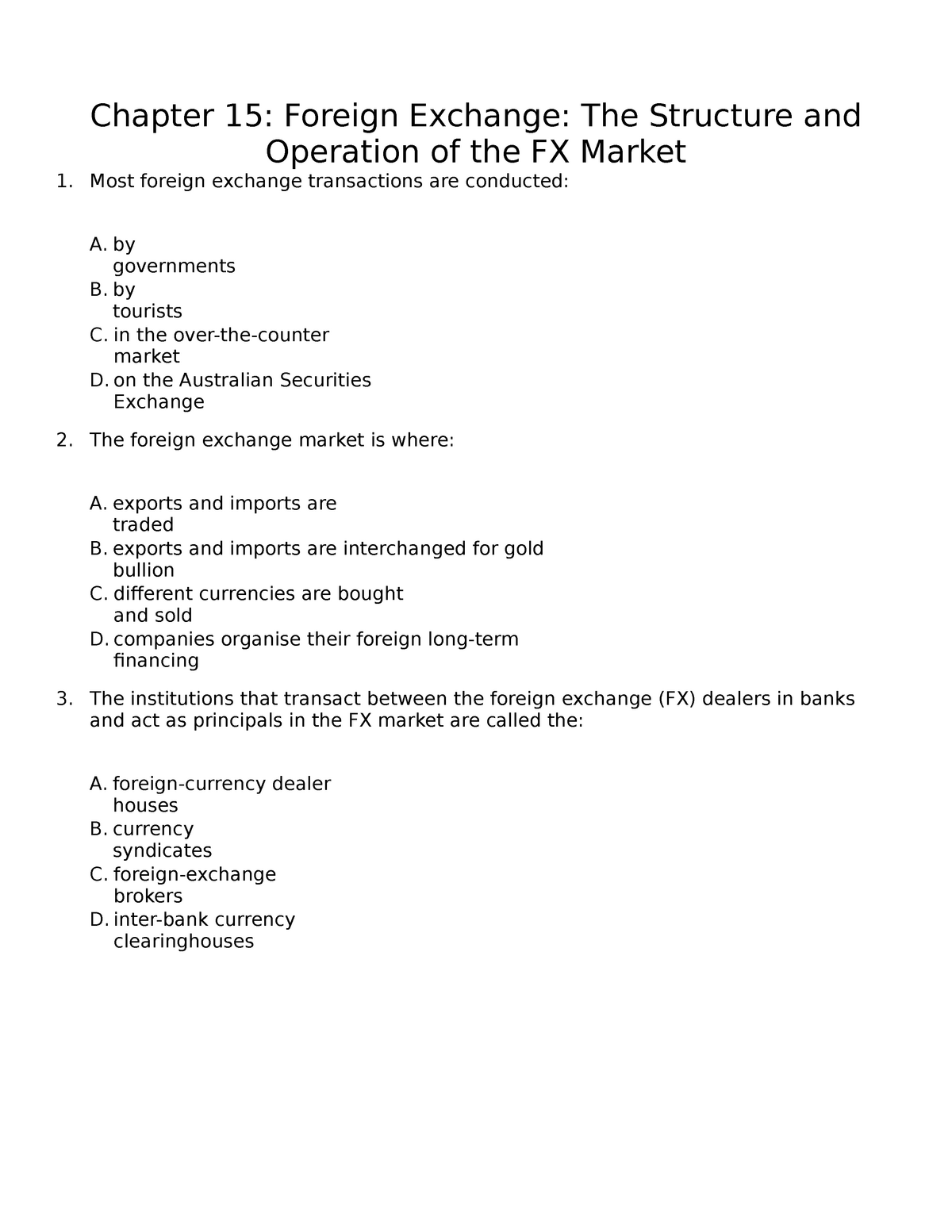
Currency risk
International stock investors need to be aware of currency risks. This risk is often referred to as foreign-exchange or exchange-rate risk and measures the fluctuations in the value of one country's currency relative to another. Investors should be aware that currency risk can have a significant impact on portfolio performance.
While foreign investments are more prone to currency risk, they can also offer a different opportunity. They have higher upside potential and tend to grow quicker. To neutralize this risk, investors can invest in currency hedged funds. These funds can help investors hedge currency risk and offer the opportunity to invest only in stocks that are specific to their country or region.
Geopolitical Risk
No matter if you're an experienced investor or just starting, it is important to understand the geopolitical risk associated with international stocks. The stock market is affected by geopolitical tensions. However, other factors can affect geopolitical risk. The risk of nuclear war or political instability are two examples.

There are many risks associated with investing in international stocks. Geopolitical risks, in particular, can have a significant impact on the value and viability of your investments. For example, you can lose the use of your investments if your country's government passes a law that prohibits imports from certain countries. Geopolitical threats can lead to civil unrest or conflict in some countries.
Economic risk
International stocks can present risks to investors. Among these are the currency fluctuations, which may work in your favor, but can also harm your investment. If you decide to invest in abroad, it's not just about investing in individuals and companies, but also the economy of that country. This can be affected when there is political or economic turmoil. International stock exchanges might not offer the same protection as domestic markets and can be subject to changes in government.
International stocks face higher risks of social or political instability as well currency fluctuations. These factors can have a significant impact on investor outlooks and attitudes, which can cause stock prices to fluctuate. Country risk is another important factor that can affect investor confidence and market sentiment. It could occur when a country is under threat from war, social unrest, or changes in government.
Sector exposure
International stocks can be an important part of any investment portfolio. The world's economies are growing rapidly, and there is a new global middle class emerging. International stocks could offer investors higher returns, as most of the world's growth will be outside the United States. International stocks might be easier than they were 20 year ago to integrate into a portfolio.

In the past, U.S. stocks have fared better than international stocks over many years. While the recent performance has been good for U.S. stocks it is probable that international stocks will be able to take the lead again. Timing stock rotations can be difficult. If you are underexposed to international stocks, you could miss significant gains when the market reverses and starts to correct.
Political risk
International stock market volatility can cause investors to be nervous. It affects all investment that is dependent on foreign markets. Even the slightest change in government can sway the value of a company. There are several ways to mitigate this risk. Diversifying is one strategy. Diversification allows investors to spread their investments across many types of companies.
International stocks are subject to political risk. This is when there is a chance that the government or political environment could adversely affect your investment. This risk can be due to anything from a change in party leadership to changes in legislation and policy. Investors might find it difficult to withdraw funds if there is political instability. For domestic investments that rely upon foreign markets, political risk can also pose a problem.
FAQ
What Is a Stock Exchange?
A stock exchange allows companies to sell shares of the company. Investors can buy shares of the company through this stock exchange. The market sets the price of the share. It is usually based on how much people are willing to pay for the company.
The stock exchange also helps companies raise money from investors. Investors are willing to invest capital in order for companies to grow. They buy shares in the company. Companies use their money as capital to expand and fund their businesses.
Many types of shares can be listed on a stock exchange. Others are known as ordinary shares. These are the most popular type of shares. Ordinary shares are bought and sold in the open market. Prices for shares are determined by supply/demand.
Preferred shares and bonds are two types of shares. Priority is given to preferred shares over other shares when dividends have been paid. The bonds issued by the company are called debt securities and must be repaid.
What's the difference between the stock market and the securities market?
The entire market for securities refers to all companies that are listed on an exchange that allows trading shares. This includes stocks and bonds, options and futures contracts as well as other financial instruments. Stock markets are usually divided into two categories: primary and secondary. Large exchanges like the NYSE (New York Stock Exchange), or NASDAQ (National Association of Securities Dealers Automated Quotations), are primary stock markets. Secondary stock exchanges are smaller ones where investors can trade privately. These include OTC Bulletin Board Over-the-Counter and Pink Sheets as well as the Nasdaq smallCap Market.
Stock markets are important as they allow people to trade shares of businesses and buy or sell them. The value of shares is determined by their trading price. A company issues new shares to the public whenever it goes public. Investors who purchase these newly issued shares receive dividends. Dividends can be described as payments made by corporations to shareholders.
Stock markets are not only a place to buy and sell, but also serve as a tool of corporate governance. Boards of directors, elected by shareholders, oversee the management. Boards make sure managers follow ethical business practices. If the board is unable to fulfill its duties, the government could replace it.
What is the difference in a broker and financial advisor?
Brokers are specialists in the sale and purchase of stocks and other securities for individuals and companies. They take care all of the paperwork.
Financial advisors are experts in the field of personal finances. They are experts in helping clients plan for retirement, prepare and meet financial goals.
Banks, insurers and other institutions can employ financial advisors. They can also be independent, working as fee-only professionals.
It is a good idea to take courses in marketing, accounting and finance if your goal is to make a career out of the financial services industry. You'll also need to know about the different types of investments available.
How are Share Prices Set?
Investors decide the share price. They are looking to return their investment. They want to make money with the company. So they purchase shares at a set price. If the share price increases, the investor makes more money. If the share price falls, then the investor loses money.
An investor's main objective is to make as many dollars as possible. This is why they invest. It helps them to earn lots of money.
How do people lose money on the stock market?
Stock market is not a place to make money buying high and selling low. It's a place you lose money by buying and selling high.
The stock exchange is a great place to invest if you are open to taking on risks. They would like to purchase stocks at low prices, and then sell them at higher prices.
They want to profit from the market's ups and downs. If they aren't careful, they might lose all of their money.
Statistics
- Our focus on Main Street investors reflects the fact that American households own $38 trillion worth of equities, more than 59 percent of the U.S. equity market either directly or indirectly through mutual funds, retirement accounts, and other investments. (sec.gov)
- Even if you find talent for trading stocks, allocating more than 10% of your portfolio to an individual stock can expose your savings to too much volatility. (nerdwallet.com)
- Individuals with very limited financial experience are either terrified by horror stories of average investors losing 50% of their portfolio value or are beguiled by "hot tips" that bear the promise of huge rewards but seldom pay off. (investopedia.com)
- "If all of your money's in one stock, you could potentially lose 50% of it overnight," Moore says. (nerdwallet.com)
External Links
How To
What are the best ways to invest in bonds?
You need to buy an investment fund called a bond. Although the interest rates are very low, they will pay you back in regular installments. These interest rates can be repaid at regular intervals, which means you will make more money.
There are many options for investing in bonds.
-
Directly purchase individual bonds
-
Buying shares of a bond fund.
-
Investing with a broker or bank
-
Investing through a financial institution
-
Investing in a pension.
-
Invest directly with a stockbroker
-
Investing through a mutual fund.
-
Investing through a unit-trust
-
Investing using a life assurance policy
-
Investing via a private equity fund
-
Investing with an index-linked mutual fund
-
Investing through a hedge fund.